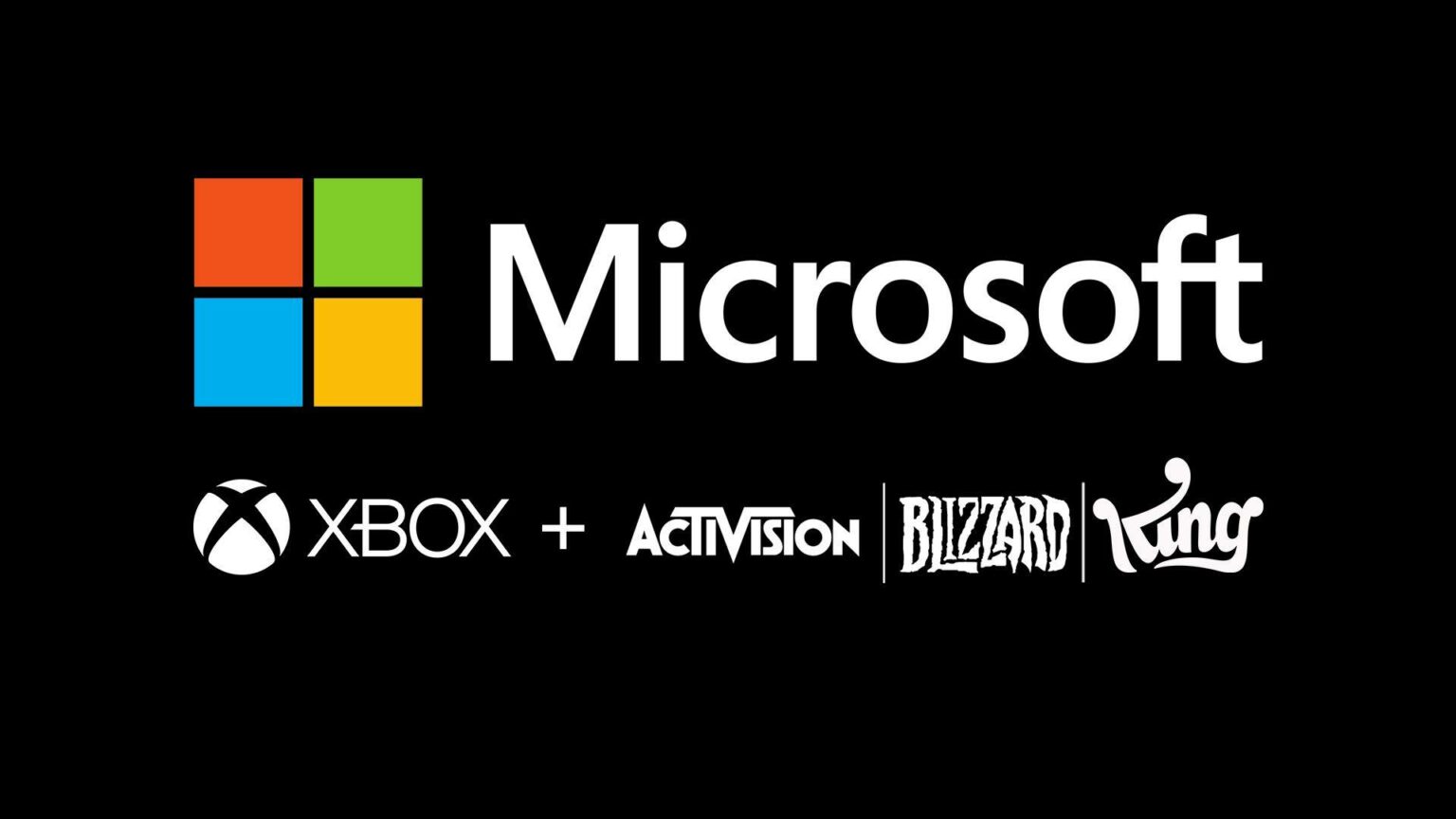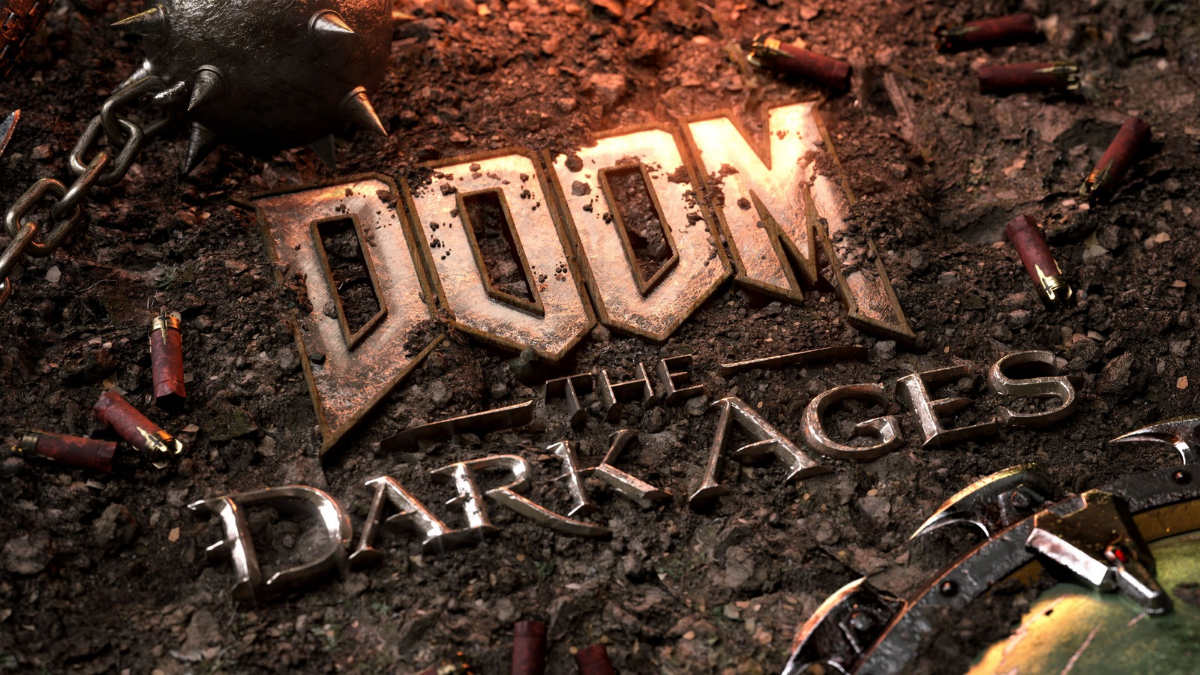FTC's Appeal Against Microsoft-Activision Merger: What's Next?

Table of Contents
The FTC's Arguments Against the Merger
The FTC's core argument centers on the potential for anti-competitive practices stemming from the merger. They believe the combined entity would possess undue market power, harming both consumers and competitors.
Concerns Regarding Anti-Competitive Practices
The FTC argues that the Microsoft-Activision merger would stifle competition, particularly within the burgeoning cloud gaming market. This concern stems from the potential for Microsoft to leverage its control over Activision's popular titles to exclude rivals.
- Exclusion of Competitors: Microsoft could potentially prevent competitors like Sony and Nintendo from accessing key Activision Blizzard titles, most notably Call of Duty. This would create an uneven playing field, giving Microsoft an unfair advantage.
- Price Increases: The FTC also argues that reduced competition could lead to higher prices for gamers, as Microsoft would have less incentive to keep prices competitive.
- Stifled Innovation: The FTC’s broader concern is that the merger could stifle innovation within the gaming industry as a whole, reducing the variety and quality of games available to consumers.
The Role of Call of Duty in the FTC's Case
The immense popularity and market dominance of Call of Duty are central to the FTC's case. This franchise represents a significant piece of the puzzle in understanding the potential impact of this merger.
- Exclusivity Concerns: The FTC claims that making Call of Duty exclusive to Xbox would significantly harm competition, giving Microsoft an unfair advantage over its rivals. This could potentially lead to a decline in the quality and variety of games on competing platforms.
- Proposed Remedies: Microsoft has proposed various remedies, including long-term licensing agreements to keep Call of Duty available on PlayStation. However, the FTC's contention is that these remedies are insufficient to address the core anti-competitive concerns.
- Market Dominance: The FTC's argument focuses on the combined market power that Microsoft would gain by acquiring a franchise like Call of Duty, further consolidating its power within the gaming industry.
Microsoft's Defense and Proposed Remedies
Microsoft counters the FTC's claims, arguing that the merger will actually benefit gamers and increase competition, rather than stifle it. They point to various factors to support their position.
Microsoft's Counterarguments
Microsoft emphasizes its commitment to maintaining Call of Duty on various platforms, including PlayStation, and highlights the benefits of expanding game access through cloud gaming.
- Continued PlayStation Availability: Microsoft has repeatedly stated its intention to keep Call of Duty available on PlayStation. This commitment aims to alleviate the FTC's concerns about exclusivity and anti-competitive practices.
- Cloud Gaming Expansion: Microsoft argues that the merger will accelerate innovation in cloud gaming, making games more accessible to a wider audience.
- Innovation and Game Development: Microsoft highlights the potential for increased innovation and investment in game development as a result of the merger.
The Significance of the Cloud Gaming Market
The cloud gaming market is a key battleground in this legal fight. The FTC is particularly concerned about Microsoft's potential dominance in this rapidly growing sector.
- Dominance Concerns: The FTC focuses on the possibility that Microsoft could leverage its control over Activision's titles to dominate the cloud gaming market, potentially excluding competitors and harming consumers.
- Microsoft's Cloud Strategy: Microsoft’s aggressive push into cloud gaming, combined with Activision’s vast library of titles, raises the FTC's concern about monopolistic tendencies.
- Future of Cloud Gaming: The outcome of this case will significantly impact the future development and competitive landscape of the cloud gaming market.
Potential Outcomes and Next Steps
The FTC's appeal is now underway, and several potential outcomes are possible. The legal process and timeline will determine the ultimate fate of this mega-merger.
The Appeal Process and Timeline
The appeal process involves multiple stages, including legal briefs, potential oral arguments, and ultimately a decision by the court. The timeline is uncertain, but the case is expected to take months, if not longer.
- Possible Scenarios: The court could rule in favor of the FTC, blocking the merger; rule in favor of Microsoft, allowing the merger to proceed; or potentially mandate concessions from Microsoft.
- Industry Impact: The outcome will have profound consequences for the gaming industry, potentially reshaping the competitive landscape and influencing future mergers and acquisitions.
- Judicial Role: The courts' decision will play a defining role in shaping the future of this merger and potentially setting precedents for other tech mergers involving antitrust issues.
Implications for the Gaming Industry and Consumers
The outcome of this case will significantly impact the gaming landscape and the experience of consumers worldwide.
- Game Prices: The ruling could influence game pricing, potentially leading to either increased or decreased prices depending on the outcome.
- Game Availability: The decision will affect the availability of games across different platforms, potentially impacting gamers' choices and access to specific titles.
- Long-Term Consequences: The long-term impact will involve competition and innovation in the industry, potentially leading to increased or decreased competition depending on the outcome.
Conclusion
The FTC's appeal against the Microsoft-Activision merger is a pivotal event with significant implications for the gaming industry and beyond. The outcome will set a precedent for future mergers and acquisitions in the tech sector, impacting competition, innovation, and consumer choice. Understanding the arguments, potential outcomes, and implications of this case is crucial for anyone following the gaming industry's evolution. Stay informed on the ongoing developments in the FTC's appeal against the Microsoft-Activision merger to better understand the evolving landscape of the gaming industry and the impact of antitrust regulations. The future of gaming hinges, in part, on the resolution of this complex antitrust case.

Featured Posts
-
 Morgan Wallen Explains His Early Departure From Saturday Night Live
May 13, 2025
Morgan Wallen Explains His Early Departure From Saturday Night Live
May 13, 2025 -
 Fine Arts Professorship Spatial Design And Conceptual Frameworks
May 13, 2025
Fine Arts Professorship Spatial Design And Conceptual Frameworks
May 13, 2025 -
 S And P 500 Jumps Over 3 Us China Trade Truce Fuels Rally
May 13, 2025
S And P 500 Jumps Over 3 Us China Trade Truce Fuels Rally
May 13, 2025 -
 Chaos Erupts In Worcester After Ice Arrest Community Responds
May 13, 2025
Chaos Erupts In Worcester After Ice Arrest Community Responds
May 13, 2025 -
 Doom The Dark Ages Early Access Regional Release Times And Full Game Launch
May 13, 2025
Doom The Dark Ages Early Access Regional Release Times And Full Game Launch
May 13, 2025
